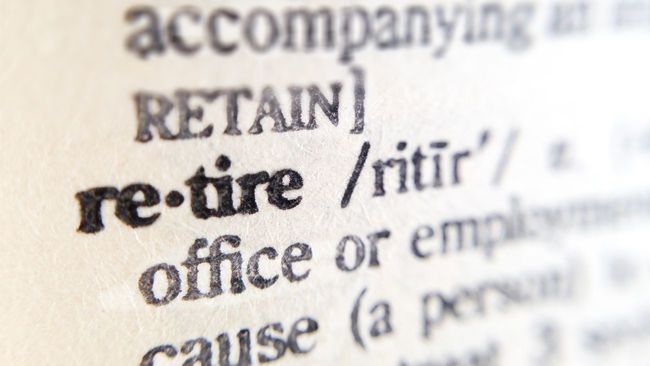What Are the Three Types of Reverse Mortgages?

A reverse mortgage can be a valuable financial tool for homeowners 62 and older. But before you apply for such a loan, it’s important to understand the different types of reverse mortgages. Continue reading to see which one makes the most sense for your situation.
Home Equity Conversion Mortgage (HECM)
The Home Equity Conversion Mortgage, also known as a HECM, tends to be the most popular reverse mortgage type among homeowners. Since the FHA backs these loans, you’ll benefit from lower rates and lesser fees. According to American Advisors Group, borrowers can qualify for a HECM on their home’s value up to $822,375.
The HECM continues to be a viable option for older Americans to remain in their homes since the program’s inception in 1988. If you want flexibility with your reverse mortgage, be sure to ask your lender about this loan type. You can use the funds for any purpose you choose, including bills and home renovations.
Another notable advantage of the HECM is that the loan is available at a fixed or an adjustable rate. Those who select an adjustable-rate loan determine whether they want the funds dispersed as a line of credit, a lump sum, or recurring monthly payments. It’s also up to the homeowner to either change their monthly disbursement amount or set a fixed disbursement amount based on their available funds.
Now, what if you decide on a fixed-rate loan for your HECM? Industry experts typically favor this option when rates are low, as they are today. Keep in mind that you will be limited to a lump sum disbursement of funds with a fixed-rate HECM.
Homeowners who are interested in a Home Equity Conversion Mortgage must first meet with a HUD-approved counselor. This person will go into greater detail regarding the costs and financial implications of this loan. It’s also the counselor’s responsibility to explain all possible alternatives to a HECM, including the other two reverse mortgage types we will discuss later in the article.
Unfortunately, not all homeowners 62 and older qualify for the HECM loan. Lenders require that you have equity in your residence and that your place meets certain building requirements. Per this HuffPost article, your HECM loan can’t exceed 100% of your home’s value, and you will need to account for a mortgage insurance premium (MIP).
The amount you can borrow depends on several factors, including the youngest borrower’s age and interest rates when you obtain the HECM. Additionally, your home’s appraised value plays an integral part in this equation. The lender’s final consideration is your ability to pay property taxes, homeowner’s insurance, and maintenance costs.
Proprietary reverse mortgage
A proprietary reverse mortgage, in contrast to the HECM, isn’t backed by the government. Since the federal government doesn’t insure the loan, you’ll have to go through a privately owned company. Homeowners who opt for this reverse mortgage type will need to prepare for significantly higher interest rates than if they chose a federally insured loan.
The flip side is that a proprietary reverse mortgage appeals to those with more expensive homes. No regulations translate to larger loan amounts and, in turn, more funds when you need them most. Per the FTC Consumer Information page, you could qualify for extra funds if your home has a higher appraised value and you have a small mortgage.
Homeowners are limited to a lump sum payment with the proprietary reverse mortgage. But you won’t have to worry about an insurance premium as you would with a Home Equity Conversion Mortgage.
Single-purpose reverse mortgage
You may have a difficult time finding an organization that offers a single-purpose reverse mortgage. This loan type is only available at nonprofits and state and local government agencies. While homeowners are free to spend their funds on whatever they want with the previous two loans, there are rules and limitations with the single-purpose reverse mortgage.
Think of it this way: you can put the money from a single reverse loan toward tax payments, home repairs, or upgrades. The caveat is you must decide how you will use the funds in advance. It’s impossible to move forward with a single-purpose reverse mortgage without prior approval from a lender.
This could be your sole option for a reverse mortgage if you’re unable to qualify for the other two programs. Low-middle income homeowners typically prefer this loan because it’s the least expensive type of reverse mortgage.
Which loan is right for you?
Let American Financing be your go-to resource for reverse mortgage assistance! Our dedicated mortgage consultants are here to create a custom reverse mortgage that will benefit you and your family for years to come. Call (800) 910-4055.




